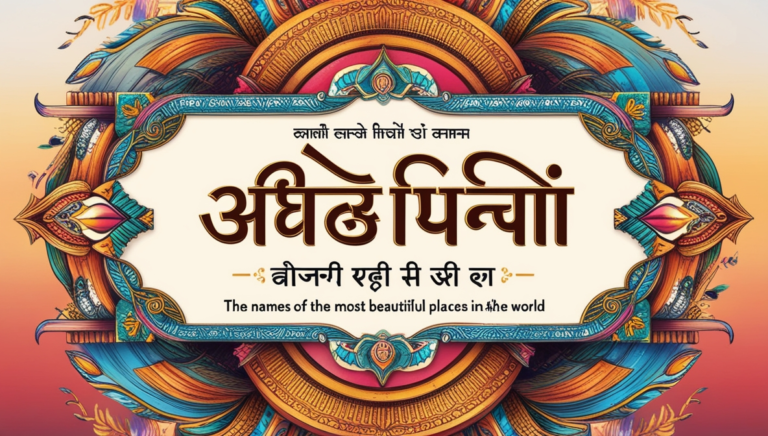In the context of India’s education system and competitive exam landscape, the term GK Questions—short for General Knowledge Questions—carries immense significance. Far from being a casual quiz format, GK in India represents a vital pillar of academic and professional preparation. Whether you’re a student, an aspiring civil servant, or simply someone who values staying informed, GK is more than just trivia—it’s a reflection of awareness, intelligence, and preparedness.

We explore the depth, relevance, and cultural role of GK questions in India, highlighting why they matter, where they are used, and how individuals prepare for them.
Gk Questions with Answer
What Are GK Questions?
GK questions are inquiries based on a broad spectrum of topics including history, geography, science, politics, economics, current affairs, and more. In India, these questions are not only used in academic environments but also form a core component of government job exams, corporate interviews, quiz competitions, and even television shows.
They test an individual’s awareness of the world, both past and present, and are often considered a measure of a well-rounded intellect. Being able to answer GK questions correctly is associated with being culturally literate, informed, and capable of participating meaningfully in national and global conversations.
Why Are GK Questions So Important in India?
In India, General Knowledge is often a gateway to career advancement. From national-level civil services to bank jobs and defense recruitment, GK plays a decisive role in determining success.
Major competitive examinations like the UPSC Civil Services, SSC CGL, IBPS PO, NDA, CDS, and Railway Recruitment Board exams all include a dedicated section for GK. The idea is to evaluate not just academic excellence, but also the candidate’s general awareness, which is seen as critical for public service roles.
Moreover, GK is an essential part of school education, especially in CBSE and ICSE curricula. Many schools conduct internal quizzes and encourage students to participate in national-level Olympiads and talent search contests that revolve around General Knowledge.
How Are GK Questions Framed?
What makes GK questions in India particularly unique is their diverse scope. A single quiz may contain questions about India’s freedom struggle, the solar system, Indian Parliament procedures, and Nobel Prize winners, all in one place.
These questions can be:
- Factual (e.g., “Who was the first Prime Minister of India?”)
- Analytical (e.g., “What impact did the Green Revolution have on Indian agriculture?”)
- Current (e.g., “Who won the ICC Cricket World Cup 2023?”)
This interdisciplinary approach demands that candidates stay constantly updated with both static GK (facts that don’t change, like geography or historical events) and current affairs (events and developments that are dynamic).
The Role of GK in Modern Indian Society
In a fast-paced, information-driven world, General Knowledge is no longer just a subject—it’s a social currency. From urban centers to rural schools, knowing about national and international events, major policy changes, scientific developments, and cultural landmarks gives individuals a sense of empowerment and agency.
Additionally, GK is seen as a bonding factor in everyday life. It’s common for families to watch quiz-based TV shows like «Kaun Banega Crorepati» together, sparking curiosity and discussions among all age groups.
In corporate environments, too, employees are often expected to possess a decent level of general awareness. During interviews and group discussions, GK-based questions are used to assess how well-informed and articulate a candidate is beyond their core field of study.
Preparing for GK Questions: A Lifelong Habit
One of the reasons why GK holds such a central place in Indian culture is the sheer variety of learning resources available for it. From printed yearbooks to mobile apps, podcasts, and YouTube channels, there are thousands of tools that help learners absorb and revise GK content.
Some of the most popular resources for GK preparation include:
- Dedicated GK books and guides
- Daily newspapers like The Hindu and The Indian Express
- Online platforms offering current affairs capsules
- Quiz-based apps and test series for exam aspirants
This habit of consuming knowledge regularly helps students and professionals alike to build a strong mental database—which not only serves them in exams but also in making informed decisions in daily life.
Final Thoughts: GK as a Reflection of Intelligence in India
In conclusion, GK questions in India go far beyond basic trivia. They represent a culturally embedded system of measuring knowledge, intelligence, and readiness. In a country as diverse and complex as India, being well-versed in general knowledge is a sign of responsible citizenship and intellectual maturity.








